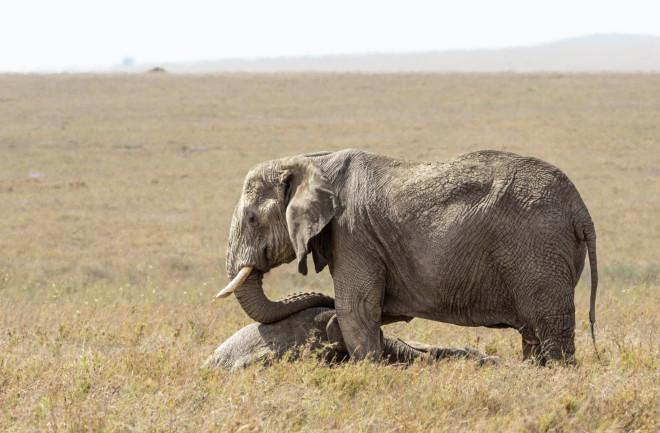In August of 2018, millions of people watched a video of an Orca in the Pacific Northwest and felt their hearts break. The new mother named Tahlequah had lost her calf, but persisted in pushing the corpse around for 17 days. It was almost impossible not to feel, deep down, that the mom was grieving.
Scientists are tempted to draw those conclusions, too. But even if researchers feel that an animal’s behaviors mean it is mourning, that’s not how their job works. “We need documented evidence that this is indeed an analogue to grief,” says Elizabeth Lonsdorf, a primatologist at Franklin and Marshall College in Lancaster, Pennsylvania. Unfortunately, that proof is hard to get. “In terms of emotion, animal cognition is tricky,” she says. “It would be a lot nicer if you could ask them what they’re feeling.”

